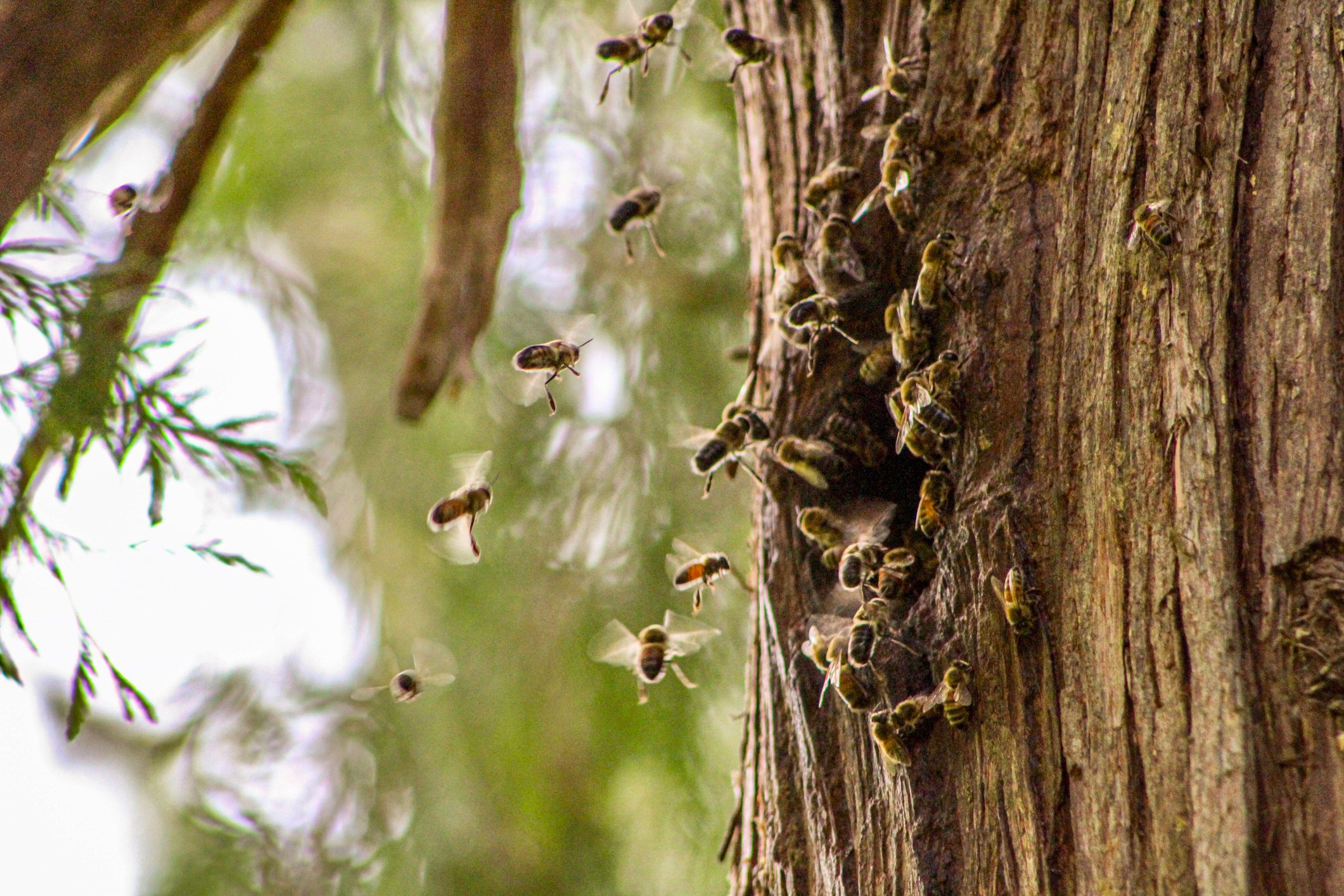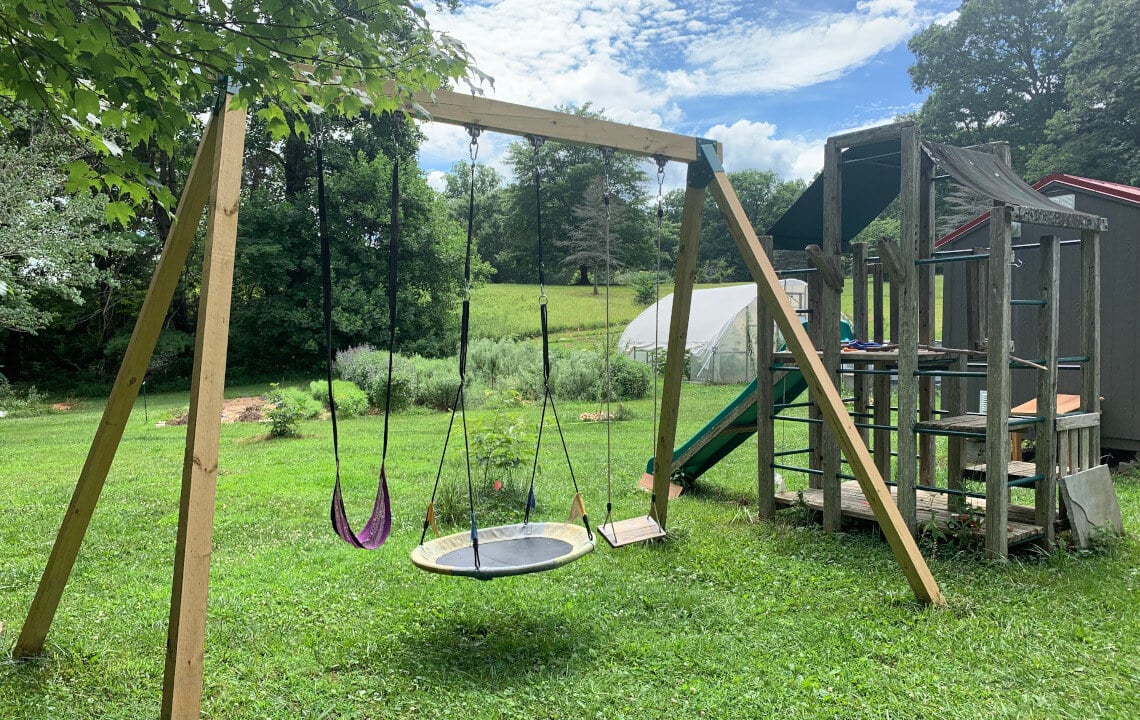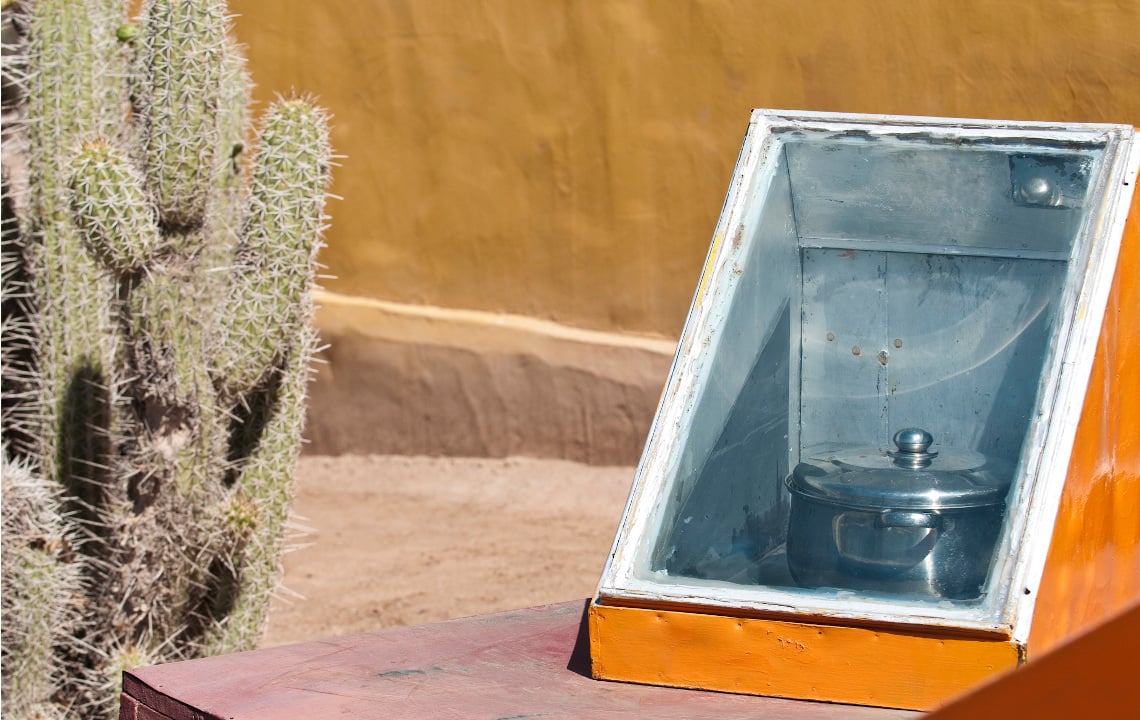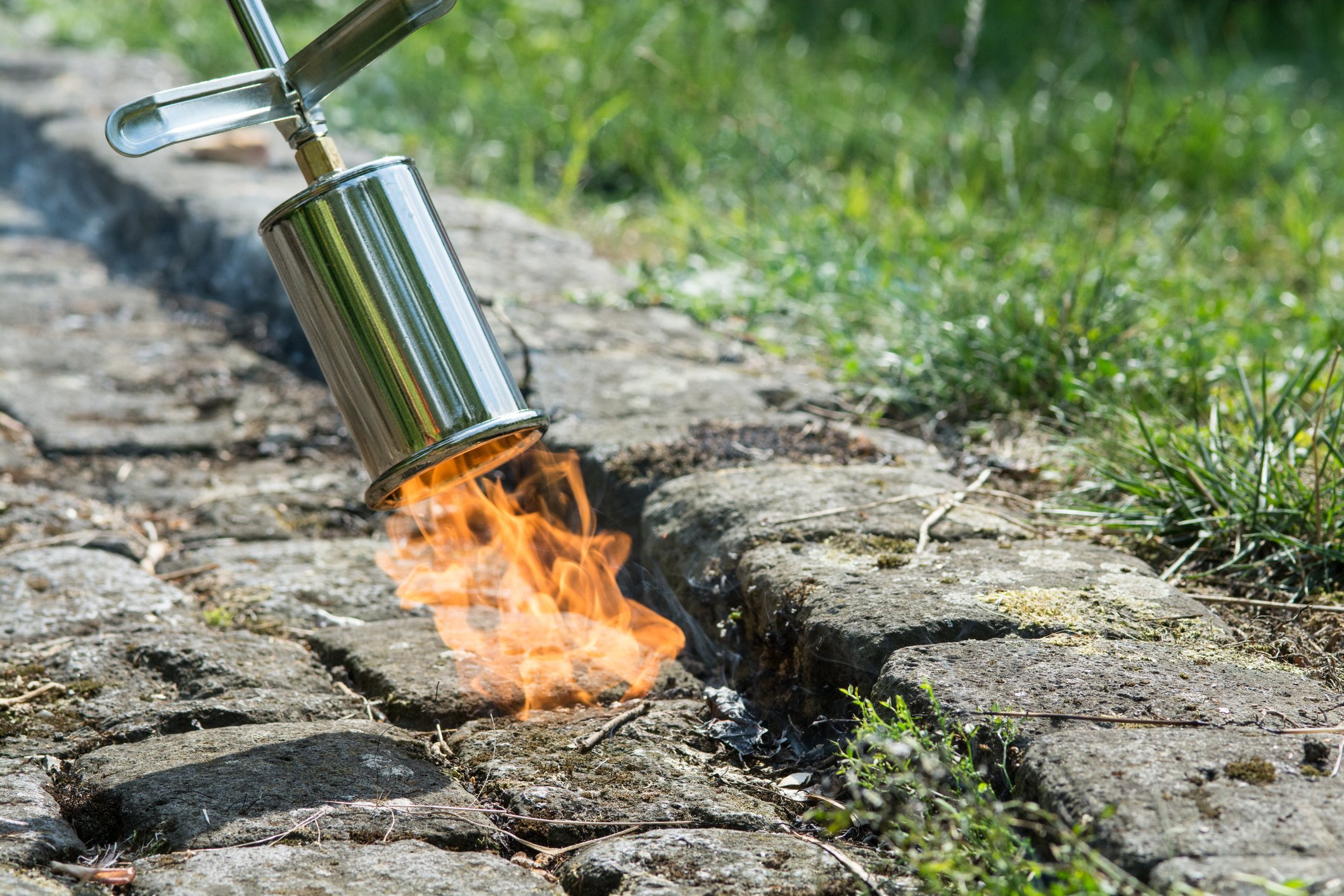Get step-by-step tips on how to convert your freshwater fishing gear to salt water from an angling expert.
Fishing and the beach go together seamlessly, especially fly fishing. When you lob the fly beneath the deep blue ocean, you never know what you could hook.
But if you are strictly a freshwater angler, not all of your gear is appropriate for the saltwater. The opportunity to hook into a big fish means bigger and stronger gear.
Also, saltwater can be quite corrosive on metal components and fly line. However, with a few upgrades to your current equipment, fly fishing in the ocean can be quite enjoyable.
The Right Rod Weight
As an avid trout angler, my go-to rod is a nine foot, five weight in most circumstances.
However, as previously mentioned, the fish you can target in the ocean grow larger, much larger.
Prior to any saltwater fishing adventure, have an idea of what species you would like to target and bring the appropriate rod weight.
For bonefish or redfish, an eight-weight rod will work well, but the bigger species like tarpon or barracuda may require a ten-weight or above to properly land the fish.
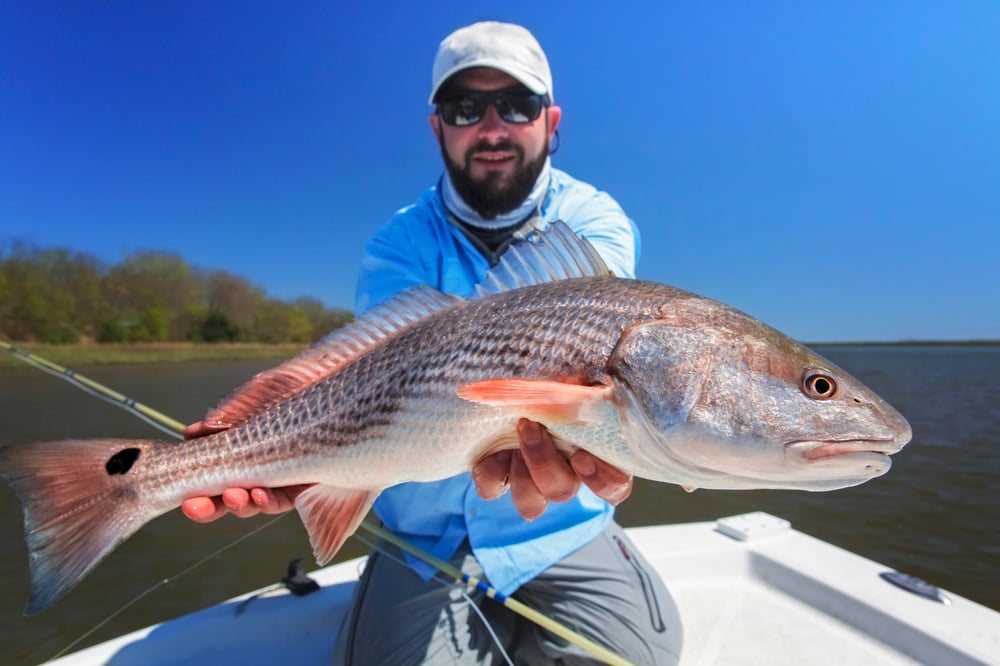
The Reel
To offset the heavier rod required to land those larger ocean fish, a larger reel is also required.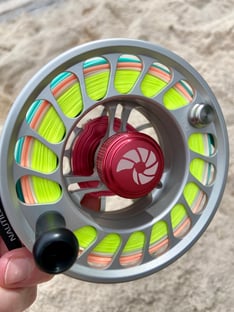
When fishing for trout, I rarely check the drag on my reel except when pulling line out to cast.
When fishing saltwater, an adjustable drag is essential to landing any species of fish. Prior to your first cast, check that the drag is set at a level appropriate for the species because once you set the hook, the fish will take the line. Too much drag will pop the leader, and too little will allow the fish to escape.
A larger reel is also nice when landing larger fish. My Nautilus reel allows me to pick up about 12 inches of line with each turn of the reel, ensuring my line stays tight if the fish starts coming towards me.
Tippet, Leader And Lines
Tippet, leader and lines also need to be switched out from fresh to saltwater.
A freshwater fly line can stretch when exposed to saltwater and will need to be replaced often to keep it from breaking down.
Larger leaders should be used for saltwater fish species such as redfish, permit and tarpon.
The larger leaders, like 16-20 lbs, offer a higher shock absorbent and are less likely to break when larger fish take off once you hook them. Tying on a tippet with higher shock absorbent will also keep the leader from snapping.
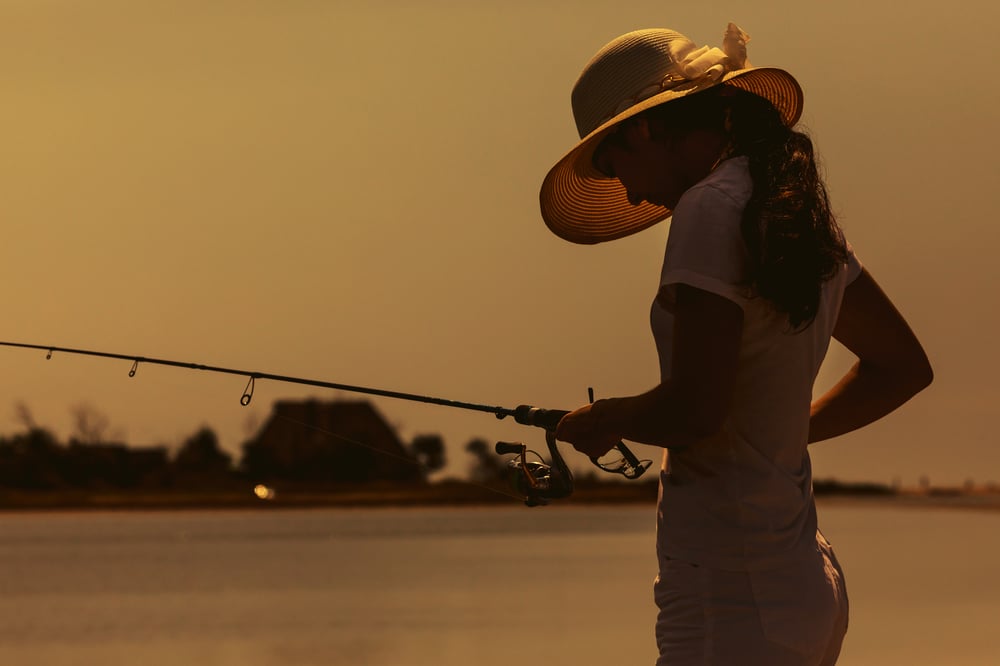
Waterproof Bag
A waterproof boat bag also comes in handy when fishing in saltwater. When shopping for a boat bag, look for one that easily fits under the seat in a boat, is waterproof for those long drives to the good fishing spots or pop-up rain-shower, and can be carried if you decide to wade for fish.
I recently upgraded to the Plano Atlas, which holds two large fly boxes, has a waterproof bottom and my favorite feature is the magnetic lid which is perfect for holding those spare flies or metal tools when fishing.
Eyewear
Eye-wear is another area to consider when switching from fresh to saltwater. Sunglass lenses vary in color and should be changed depending on the water color and whether or not the ocean floor is in view.
If fishing the flats or sandy bottoms, you can still use the copper or amber color lenses like in freshwater.
However, if fishing in the deep ocean, a blue lens may help you spot the fish. Either way, look for sunglasses that wrap around the sides of your eyes to decrease the glare coming from the water.
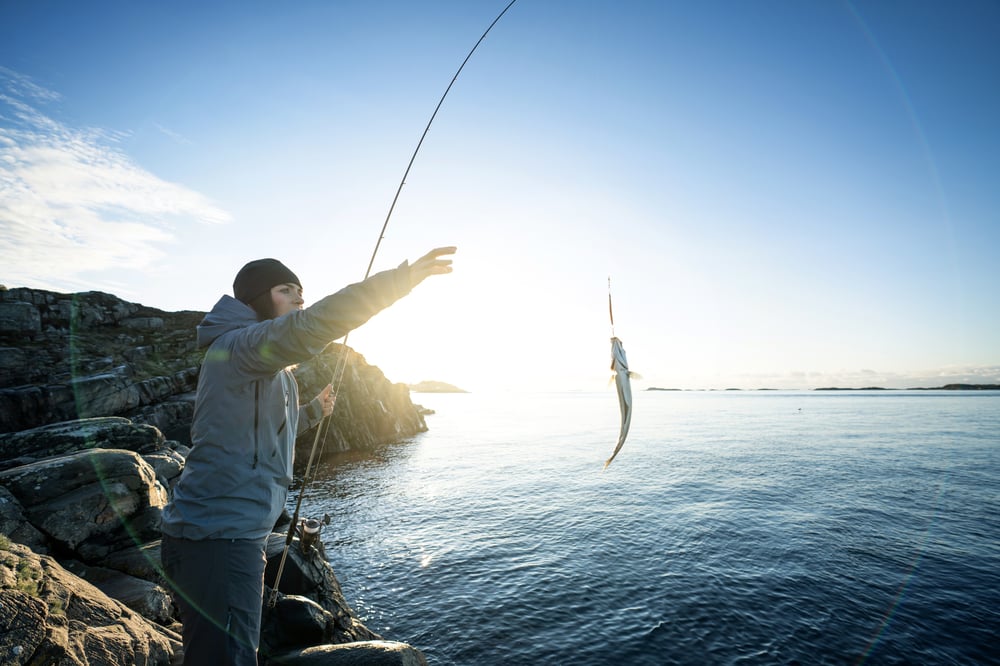
Zip-On Wading Boots
Lastly, if you will be wading to catch fish, consider a zip-on wading boot. I love my gravel guards that fit into my Simms wading boots, but they can take a while to lace up and zip up when that large permit is swimming by. Another good alternative is the Simms Zipit bootie which zips on the side to be quickly taken on and off.
Saltwater fly fishing is exciting, you never know what you will see when you are on the water. With a couple of switches from fresh to saltwater gear, any angler can be successful. Always remember to rinse the saltwater from your gear at the end of your fishing, keep your lines tight, and good luck.


.jpg?width=2000&height=1500&name=IMG_4248(1).jpg)













